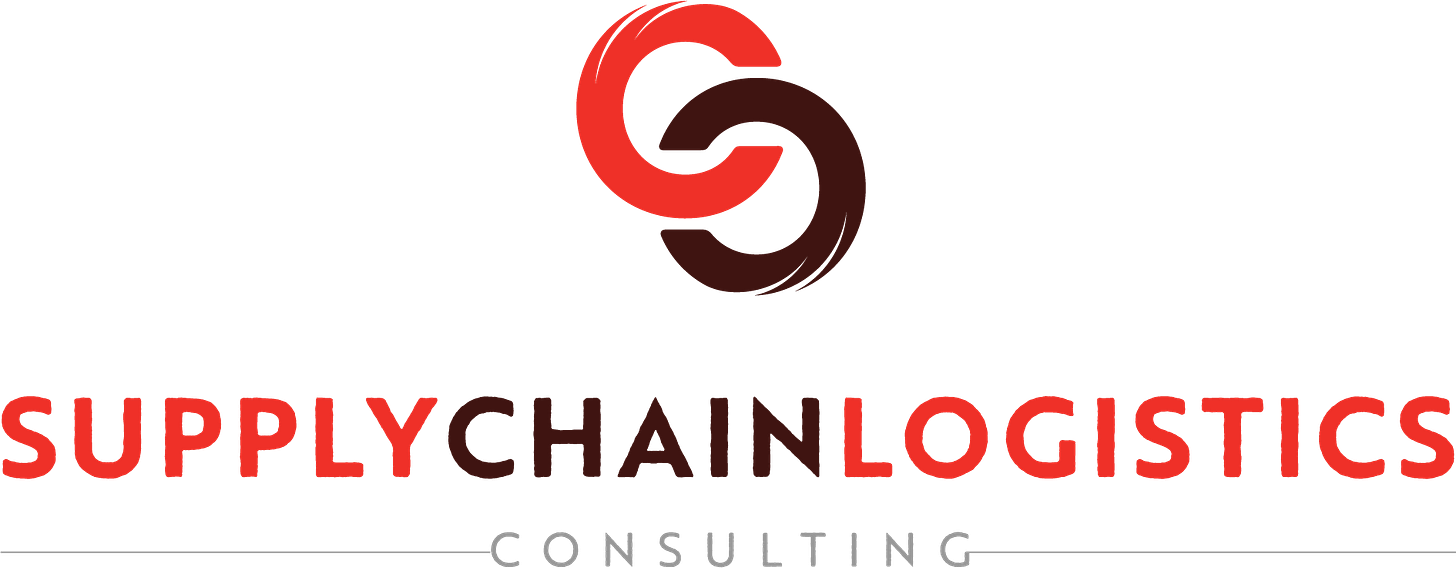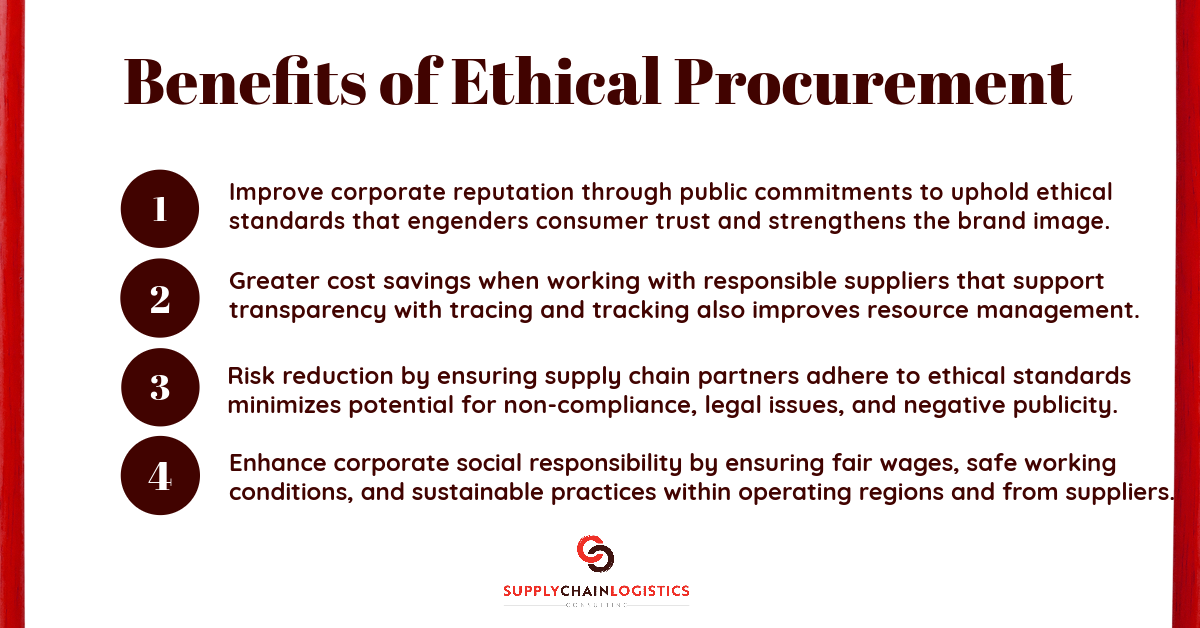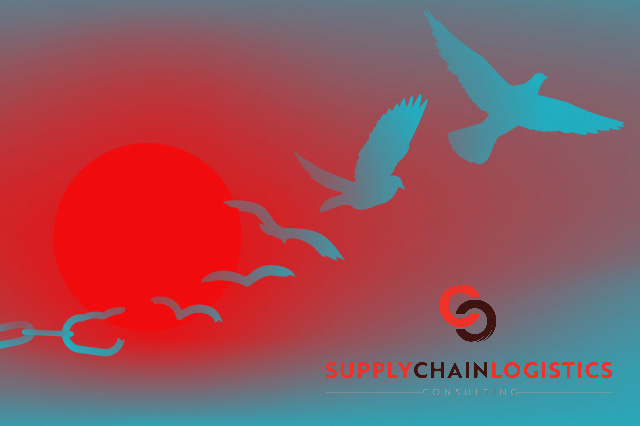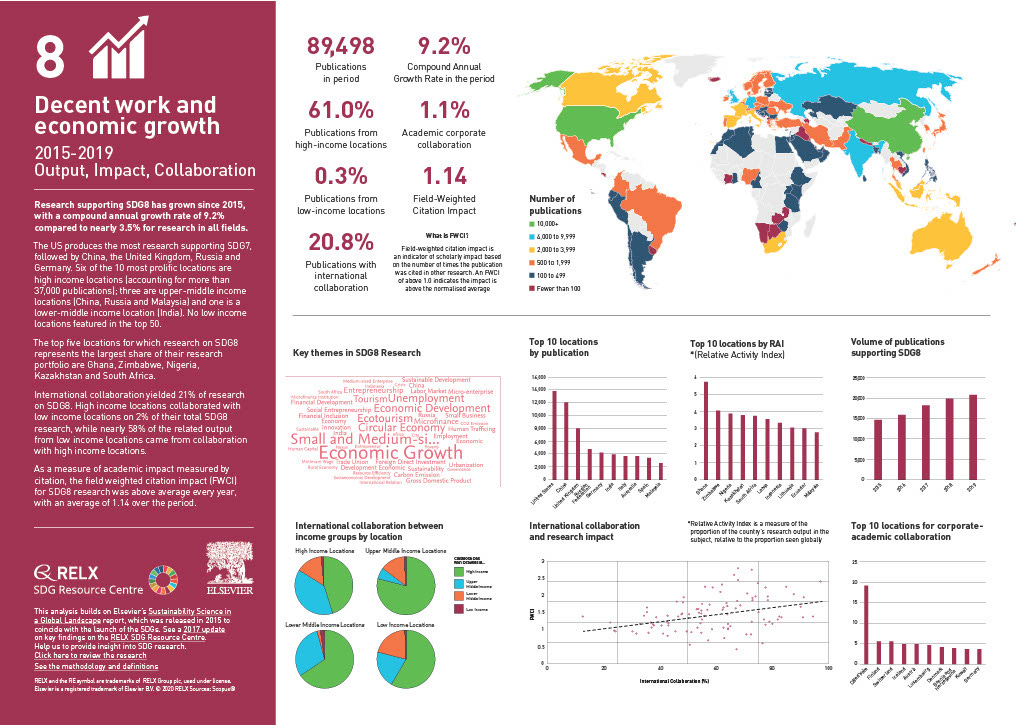SCLCI Early Editions: “Supply Chain Management as a Force Against Modern Slavery”
In this article, we explore the role of the individual consumer, the corporation, government, and organizations in the elimination of modern slavery.
Understanding Modern Slavery:
Modern slavery encompasses various forms of exploitation, including human trafficking, forced labor, debt bondage, and child labor. It is estimated that over 40 million people worldwide are trapped in these circumstances, silently suffering and their lives are under the control of their oppressors.
The Impact of Modern Slavery:
The consequences of modern slavery ripple across the globe, affecting individuals, communities, and entire economies. Those trapped in slavery endure physical, psychological, and emotional abuse, while their captor’s profit from their forced labor or exploitation.
This article was First Published in the SCLCI EARLY EDITIONS DEC 12, 2023 You can support our content creators by Joining our paid subscription for a nominal fee, Sharing or Gifting the SCLCI’s Early Editions. When you share from any paid subscription from SCLCI's Early Editions, only the content above this section is visible to non-subscribers. This article is free and Sharing is easy. Thanks to those who show their support by re-posting. We appreciate you.
Enforcing Ethical Sourcing:
Now that we understand the depth of this issue, let’s review important considerations for business leaders implementing ethical sourcing practices and policies within their organizations.
Supplier Audits: Conducting thorough audits of our suppliers is essential to ensure compliance with ethical standards. This includes evaluating labor practices, environmental impact, and adherence to ethical certifications.
Transparency and Traceability: It’s crucial to have transparency throughout the supply chain, enabling us to trace the origin of products and materials. This helps identify any potential ethical issues and take corrective actions promptly.
Collaboration and Education: Foster partnerships with suppliers who share our ethical values and provide them with the necessary training and education. By working together, we can build a more responsible supply chain ecosystem.
Leadership and Responsibility: Prioritizing ethical responsibility in manufacturing and procurement, establishes the leaders in the field or supply chain management and supports an environment where sustainability and ethical business is embedded into the culture. This has a related effect of reducing corruption within political and economic systems.
As both customers and workers, everyone can influence the supply chain profession, wielding spend power to shape the future of industry. Embracing ethical sourcing practices not only benefits individuals, it also creates a positive impact on quality and the economic factors effecting business.
SCLCI Back-to-Basics:
“The Benefits of Ethical Procurement”
From the SCLCI Early Editions, 2023 DEC 12
Why Freedom from Modern Slavery Matters:
Modern slavery fuels other criminal activities, including fraud and organized crime, it is a global issue that requires diligence and a continuous effort by governments and business to eliminate circumstances that lead to the unjust practices that inevitably enable its use.
1. Human Rights:
Ensuring freedom from modern slavery is a fundamental human right. Every individual deserves to live a life free from coercion and exploitation.
2. Economic Justice:
Modern slavery perpetuates economic inequality by depriving individuals of fair wages, perpetuating poverty cycles, and hindering economic growth. By tackling modern slavery, we can promote economic justice and strive for a more equitable society.
3. Ethical Consumption:
Many products we use daily, from clothing to chocolate, may be tainted by modern slavery. By raising awareness, we empower individuals to make informed choices and support ethical brands and practices, that prioritize fair labor to protect human rights.
4. Global Stability:
Modern slavery destabilizes societies, fosters corruption, and undermines the rule of law. By promoting freedom from modern slavery, we contribute to building stronger, more stable communities and nations.
Preventing modern slavery in a global supply chain.
Combating the insidious use of modern slavery within supply chains is an effort that requires the collective awareness and vigilance of professionals, governments, and organizations worldwide.
View the Interactive Map for Business | Anti-Human Trafficking Organizations.
Non-Government and Government Organizations:
Several organizations that work to address forced labor and modern slavery in global trade. A few examples include these and more information is available from other reliable online sources.
- International Labour Organization (ILO): The ILO is a specialized agency of the United Nations that works to promote social justice and promote decent working conditions worldwide. The ILO has developed a set of conventions and recommendations on forced labor, child labor, and human trafficking1.
- Anti-Slavery International: Anti-Slavery International is the world’s oldest international human rights organization, founded in 1839 they are working to eliminate human slavery and trafficking worldwide.
- Minderoo Foundation: Minderoo Foundation is a philanthropic organization that works to end modern slavery and human trafficking.
- Not for Sale: Not for Sale is a non-profit organization that works to end modern slavery and human trafficking through training and support.
- The United Nations has several resources available for free that can help individuals and organizations learn more about the UN Sustainable Development Goals (SDGs) including modern slavery.
Ethical Procurement for Supply Chain Management Professionals
Professionals working within supply chain management responsible for sourcing goods, materials and other spending decisions, must comply with the standards of their associations in addition to those of their company, industry, government and internationally regulated.
For example, the ISM World Ethics Book is online as a reference and guide to practitioners in supply chain management.
View the PDF here: https://www.ismworld.org/globalassets/pub/docs/210_ethics_book.pdf
Ethical procurement is a process of sourcing goods and services in a way that is socially responsible and sustainable. Ethical procurement practices can help prevent the occurrence of modern slavery by ensuring that suppliers are held accountable for their labor practices and that workers are treated fairly and with dignity.
Organizations that engage in ethical procurement practices typically have a code of conduct that outlines the standards and expectations for suppliers. These codes of conduct often include provisions related to labor practices, such as prohibiting forced labor, child labor, and human trafficking.
Requiring suppliers to adhere to strict standards can prevent the occurrence of modern slavery in global supply chains.
In addition to codes of conduct, ethical procurement practices may also include supplier audits and assessments to ensure compliance with labor standards. Organizations may also provide training and support to suppliers to help them improve their labor practices and ensure compliance with ethical standards.
By engaging in ethical procurement practices, organizations can help prevent the occurrence of modern slavery in their supply chains while promoting social responsibility and sustainable business at a global scale.
Individual Consumers Contribute to Eliminating Modern Slavery
1. Education and Awareness:
Educating ourselves and others about the realities of modern slavery is the first step. Share information through social media, engage in discussions, and support organizations working tirelessly to combat this issue.
2. Support Ethical Brands:
Buyers can select products certified as ethically sourced or produced. Look for labels like Fairtrade or other recognized certifications that protect workers’ rights.
3. Volunteering and Donations:
Support organizations that actively fight against modern slavery by donating your time or money to their cause. Every contribution counts and can make a difference in someone’s life.
4. Advocacy and Legislation:
Advocate for stronger legislation that holds perpetrators accountable and protects victims. Write to your representatives, sign petitions, and be an active voice for change.
More Information:
Eliminating Modern Slavery
United Nations resources are available for free to learn more about the UN Sustainable Development Goals (SDGs) including modern slavery.
- Fighting Modern Slavery through Awareness and Training: This article by the United Nations provides an overview of modern slavery and highlights the importance of awareness and training in the fight against this global challenge1.
- Modern Slavery – UN Global Compact Network Australia: The UN Global Compact Network Australia has released a series of bite-sized learning videos that unpack key modern slavery risk management issues and trends for Australian businesses2.
- SDG 8.7: End Modern Slavery, Trafficking and Child Labour: This resource by the International Centre for the Study of the Preservation and Restoration of Cultural Property (ICCROM) provides an overview of SDG 8.7 and its targets, which aim to eradicate forced labor, end modern slavery and human trafficking, and secure the prohibition and elimination of the worst forms of child labor3.
1. un.org 2. unglobalcompact.org.au 3. ocm.iccrom.org 4. Sdgresources.relx.com
United Nations Sustainable Development Goal:
8. Decent work and economic growth.
References: 1. cips.org 2. ethicaltrade.org 3. sievo.com 4. gov.uk 5. blg.com
If you are interested in hiring a management consultant for your business or project and want to learn more about our management consulting services, please contact us today.
Supply Chain Logistics Consulting is a professional management consulting firm and our consultants have years of experience helping people at businesses like yours to achieve results.
❓ Would you like to know more ❓
Visit Supply Chain Logistics Consulting Online and Subscribe on all our channels.
- 🌐 🌐Get the Company Newsletter
- 🔗 Get the Highlights 🔗 SCLCI’s Link-in-Bio Page
- ➕ Connect on ‘X’
- 🔖 Join our LinkedIn
- ☎ WhatsApp ☎
- Early Memberships – Coming Soon.
- And don’t forget to subscribe and share this Early Edition or to support this content with a paid premium subscription.







